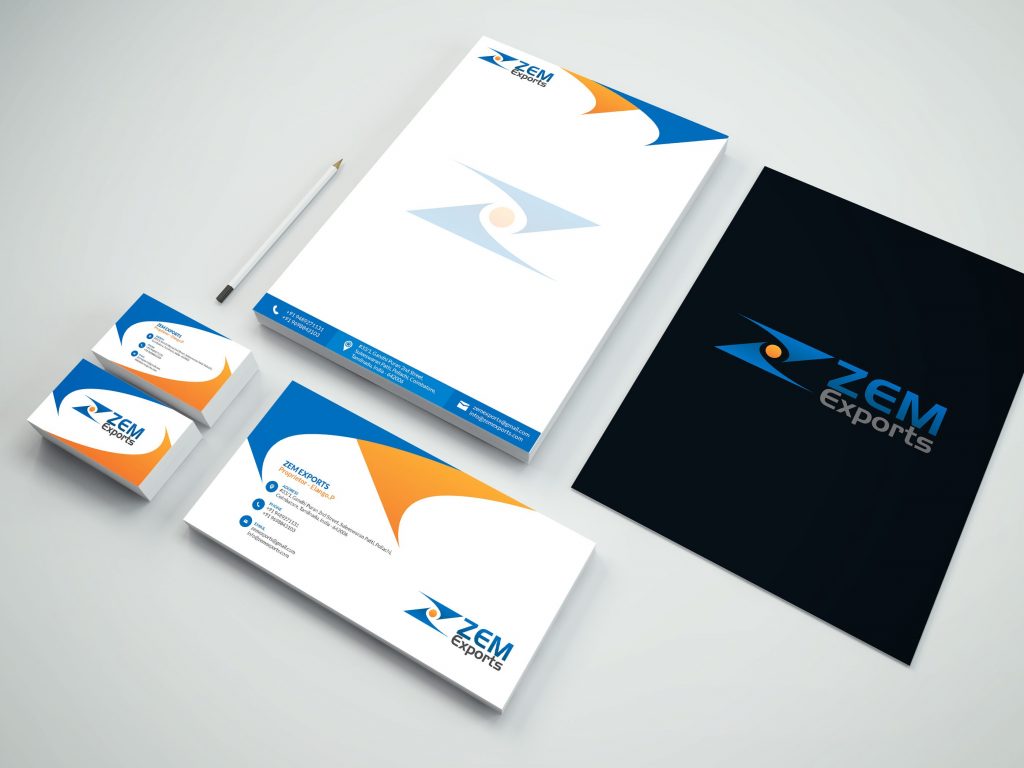What does your brand say about your business?

Companies are extremely good at defining their product brands. Customers, employees, and other stakeholders know exactly what an iPhone is and means. But organisations are often less sure-footed when it comes to the corporate brand. What does the parent company’s name really stand for, and how is it perceived and leveraged in the marketplace and within the company itself?
A clear, unified corporate identity can be critical to competitive strategy, as firms like Apple, Philips, and Unilever understand. It serves as a north star, providing direction and purpose. It can also enhance the image of individual products, help firms recruit and retain employees, and provide protection against repetitional damage in times of trouble. Many firms, however, struggle to articulate and communicate their brand.
Consider the €35 billion Volvo Group, which sells a broad portfolio of trucks, buses, construction equipment, and marine and industrial engines. After its new CEO decentralised the organisation, turning its truck brands (Volvo Trucks, Mack Trucks, Renault Trucks, and UD Trucks) into separate units in 2016, questions about the parent company’s identity became pressing. Because that identity wasn’t well defined, people in the group were uncertain about how they should strategically support the “daughter” brands, and people in the new brand units had trouble understanding how the group’s mission, values, and capabilities extended to them—and even how to describe their brands’ relationships with the Volvo Group in marketing and investor communications.
Following Services:
- Business Card Design
- Logo Design
- Letterhead Branding
-
Complete brand design, development & evolvement
-
Website design, brochures & stationery
-
Vehicle wraps, flags, signage & decals
-
T-Shirt designs, custom made caps & jackets

